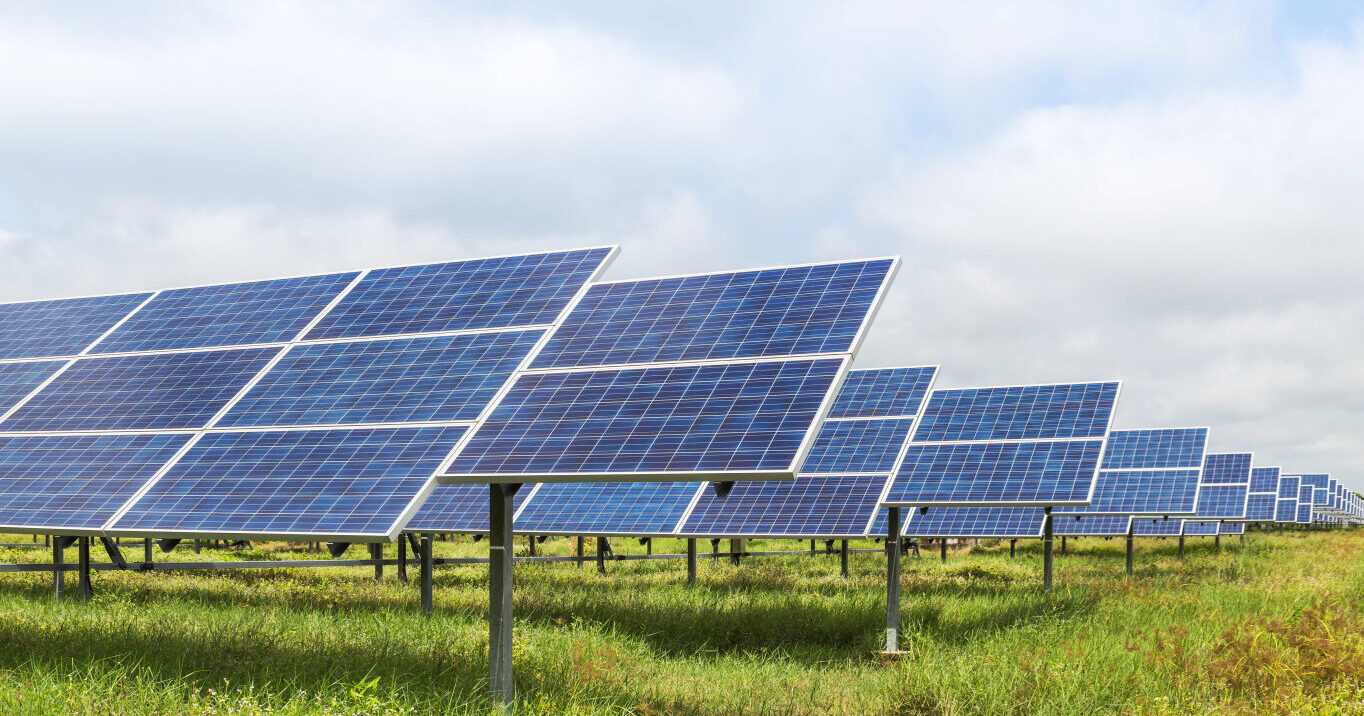AB Direct - Steers
Rail: 530.00 del
AB Direct - Heifers
Rail: 530.00 del
US Trade- Steers
Rail: ---
US Trade - Heifers
Rail: ---
Canadian Dollar
0.14

Encouraging producers to seek guidance with solar energy land leases
Always access support from a trusted accountant and knowledgeable lawyer when considering entering into a land lease with outside parties.
Beef cattle producers are constantly looking for new operational revenue streams. Currently, solar energy companies are attempting to capitalize on these desires by offering what they deem long-term income opportunities in the form of land leasing agreements.
Rebecca Kauffman, Staff Counsel with the Environmental Law Centre (Alberta) Society says it’s important to understand that unlike oil and gas leases governed by law and regulation including the Surface Rights Act, renewable energy arrangements are negotiated on an individual basis. This means landowners are free to bargain their own terms.
“This may feel like a benefit, but care must be taken as many of these leases are long-term and last upwards of 20 years,” she says. “Owners should always consult a lawyer prior to signing any agreement.”
She adds it remains to be seen whether any new regulations or rules will be implemented by the provincial government in 2024 following the current pause on new renewable energy applications.
Early drive for solar energy led to unbalanced arrangements
Almost 10 years ago, the government in power pushed for an increase in solar projects, but understanding if these companies faced the bulk of the regulatory burdens and requirements like oil and gas companies, investors would consider the risks too high to secure funding.
“To compensate, they were left outside many of the regulations other industries had to adhere to,” says Mark Lyseng, Government Relations and Policy Lead for Alberta Beef Producers. “Heavy incentivization acted as a support or subsidy. The risks were placed squarely on the backs of the landowners and the county.”
Lyseng explains that unlike the surface rights appeal board which helps deal with the shortcomings of oil companies, no such board exists with solar energy projects.
“With these situations, it’s contract law meaning landowners retaining lawyers and going to court which becomes very expensive,” he says.
Must-haves to keep in mind
For those seriously considering entering a project lease, Kauffman identifies key factors and provisions to include.
Length- Solar leases are registered on title and usually range from 20 to 60 years. Termination and renewal procedures including notice periods, acceptance, costs and responsibilities should be included.
Transfer- Landowners must be aware no legislative oversight exists to meet certain financial criteria in transfer situations.
Payment Plans- While property owners can negotiate payment options regardless of energy generation, they should include payment dates along with default procedures and notice of termination specifications.
Indemnification, Mediation and Arbitration- Indemnification provisions must assign appropriate liability to the company should personal injuries or property damage occur.
Additional potential constraints
Kauffman says numerous constraints cause difficulty, even with finer points. Landowners must familiarize themselves with localized zoning constraints which may prohibit development. Details should be documented for concurrent use such as livestock grazing, fence maintenance, and weed control. Landowners hold the right to refuse energy projects, but if in an agreement, enforcement becomes their responsibility. Finally, contracts with solar companies don’t connect with a recourse organization like the Orphan Well Association, unless AUC approval was mandatory.
Lyseng adds Alberta isn’t an overly productive solar energy region which also helps drive up the already high risk.
He says the money offered is extremely tempting, with numbers disclosed up to $120,000 annually for a $300,000 quarter section.
“Additionally, some companies have used overly predatory actions,” Lyseng says. “This much money is likely too good to be true. Many landowners have turned it down simply because they can’t stomach the level of risk.”
A land lease with a solar energy company may be profitable in rare cases, but due to the precariousness of the heavy subsidized industry, extreme care must be taken before signing on the dotted line.
Alberta Beef Producers recommends producers seek the guidance of a trusted team for all legal interactions including land leases with renewable energy companies.
This article was first published in Volume 4 Issue 1 of ABP Magazine (February 2024). Watch for more digital content from the magazine on ABP Daily.


